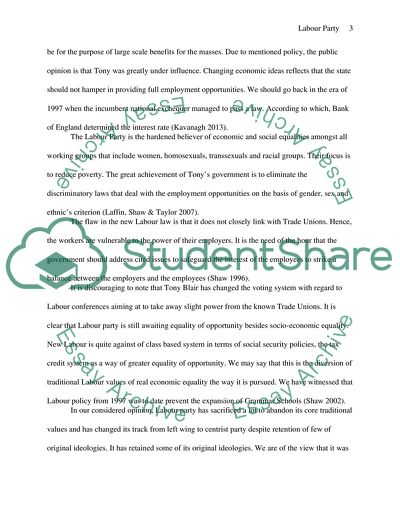Cite this document
(To What Extent is the Labour Party Still Committed to its Traditional Coursework, n.d.)
To What Extent is the Labour Party Still Committed to its Traditional Coursework. Retrieved from https://studentshare.org/professional/1809519-to-what-extent-is-the-labour-party-still-committed-to-its-traditional-principles
To What Extent is the Labour Party Still Committed to its Traditional Coursework. Retrieved from https://studentshare.org/professional/1809519-to-what-extent-is-the-labour-party-still-committed-to-its-traditional-principles
(To What Extent Is the Labour Party Still Committed to Its Traditional Coursework)
To What Extent Is the Labour Party Still Committed to Its Traditional Coursework. https://studentshare.org/professional/1809519-to-what-extent-is-the-labour-party-still-committed-to-its-traditional-principles.
To What Extent Is the Labour Party Still Committed to Its Traditional Coursework. https://studentshare.org/professional/1809519-to-what-extent-is-the-labour-party-still-committed-to-its-traditional-principles.
“To What Extent Is the Labour Party Still Committed to Its Traditional Coursework”, n.d. https://studentshare.org/professional/1809519-to-what-extent-is-the-labour-party-still-committed-to-its-traditional-principles.


